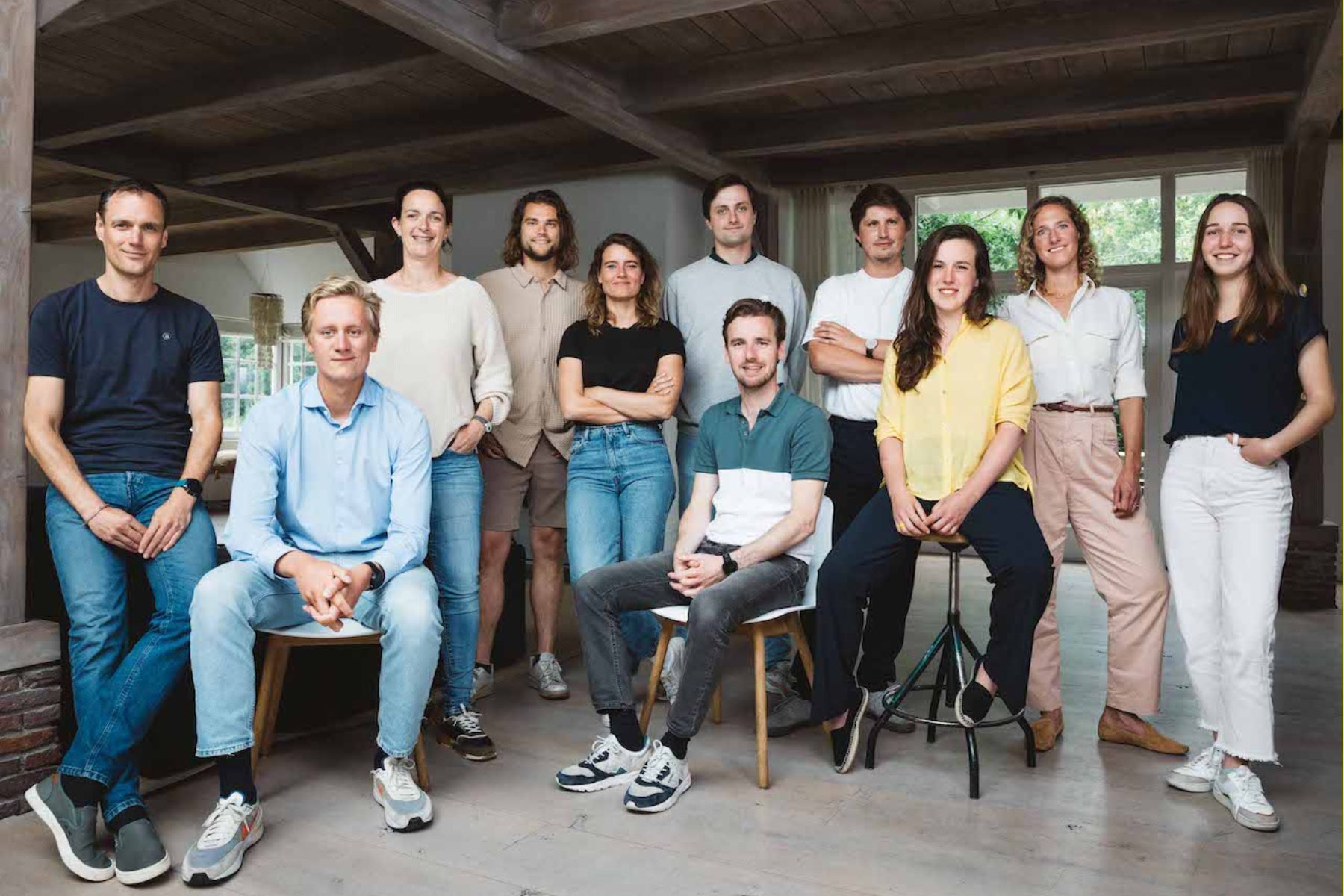Expert: Why impact valuation is catching on
As impact investing matures, ever more attention is being placed on how to weave impact accountability and performance metrics into investors’ balance sheets. <br><br>A new report from the dedicated Impact Valuation Hub finds that impact-linked compensation and financing are the keys to locking those metrics in.


"Impact measurement can be complex and inconsistent, but it’s essential" – so reads the mission statement of the Impact Valuation Hub, a network of investors and researchers. And indeed pursuing that measurement has long been a goal of the community, to both show concrete impact and hold funds to account on it.
In a new report, Bonnie Chiu, a senior advisor at Social Value International (which hosts the hub) and managing director with The Social Investment Consultancy, argues that the community knows how to do that measuring, and now it’s about implementation.
"I don't think people are shying away from measuring impact, but to really embed accountability, we need to link it to the fundamental structures of impact investing and how an investment fund works," Chiu tells Impact Loop.
The key to that, Chiu argues, is the rapid rise of impact-linked compensation and financing.
"That's the evolution we're seeing as the field grows and there's more focus on impact, accountability and transparency," says Chiu.
From lofty ideals to hard metrics
Both impact-linked compensation and financing are on the rise in Europe, Chiu finds in her research. She cites a recent study which found that in Europe half of fund managers surveyed already had their compensation linked to impact to some extent.
A big part of this, says Chiu, is the European Investment Fund, a major LP in funds around Europe, which has been pushing impact-linked compensation in the investments it makes.
At the same time, impact-linked financing, while still small compared to the overall finance landscape, is on the rise. On the public side, notes Chiu, sustainability-linked loans and bonds are "some of the fastest growing financial instruments in the world," even as such instruments remain nascent in private markets.
Impact-linking: the key to combat impact-washing
Weaving these metrics into compensation and financing, says Chiu, is a powerful way to enshrine accountability and combat impact-washing. While obstacles to further implementation remain, including the challenges in measuring more intangible social impact compared to say C02 emissions, she is clear that impact valuation is only going to become a more critical metric on the balance sheets of funds around Europe.
And that’s of course not to forget the ultimate point of impact valuation:
"If (fund managers’) profits are linked to that, then that means they are going to be incentivised to create less emissions, or to fund things that will help avoid emissions," says Chiu. "I do think it is an important part of ensuring that the investment ecosystem is incentivised to optimise for positive social and environmental impact."
Get full access to Europe's new platform for impact news
- Quality journalism, interviews, investor profiles and deep-dives
- Daily newsletter with top stories, latest funding rounds and roundup to keep you in the loop
Keep reading – get in the loop!
- Håll dig i loopen med vårt dagliga nyhetsbrev (gratis!)
- Full tillgång till daglig kvalitetsjournalistik med allt du behöver veta inom impact
- Affärsnätverk för entreprenörer och investerare med månatliga meetups
Fortsätt läsa – kom in i loopen!
- Håll dig i loopen med vårt dagliga nyhetsbrev (gratis)!
- Full tillgång till daglig kvalitetsjournalistik med allt du behöver veta inom impact
- Affärsnätverk för entreprenörer och investerare med månatliga meetups









